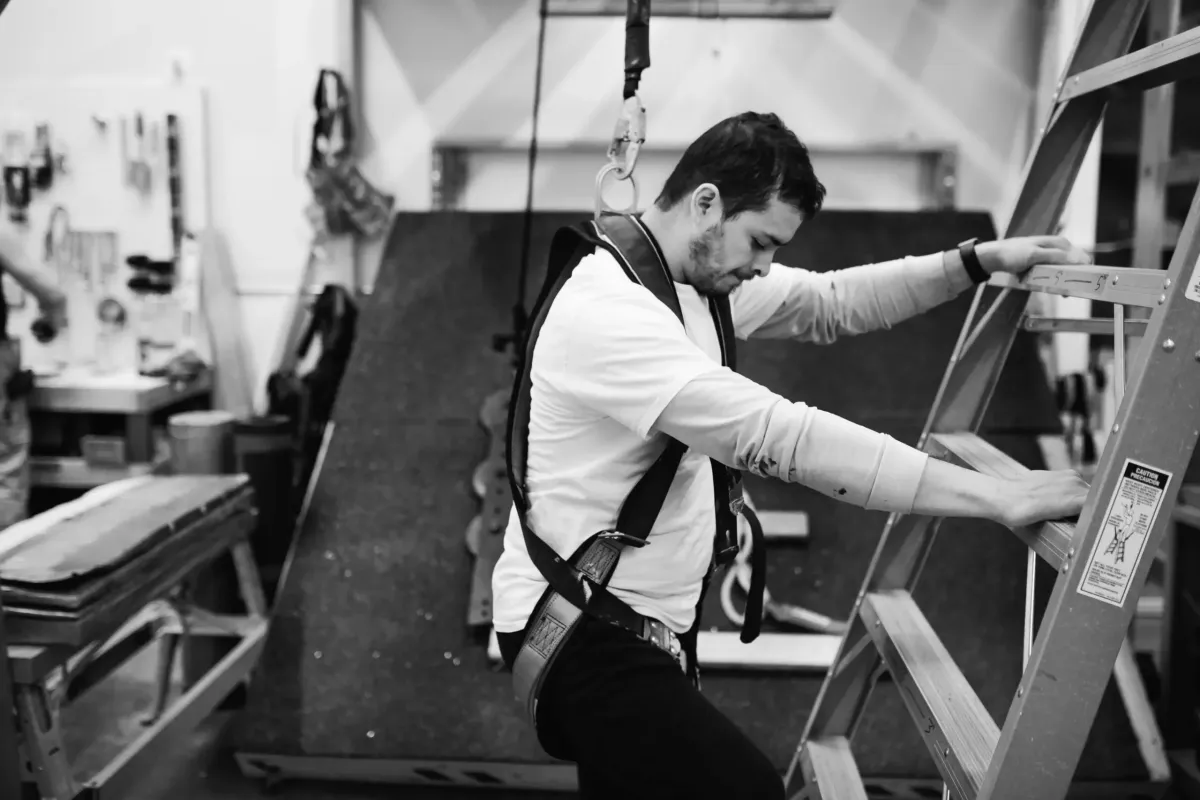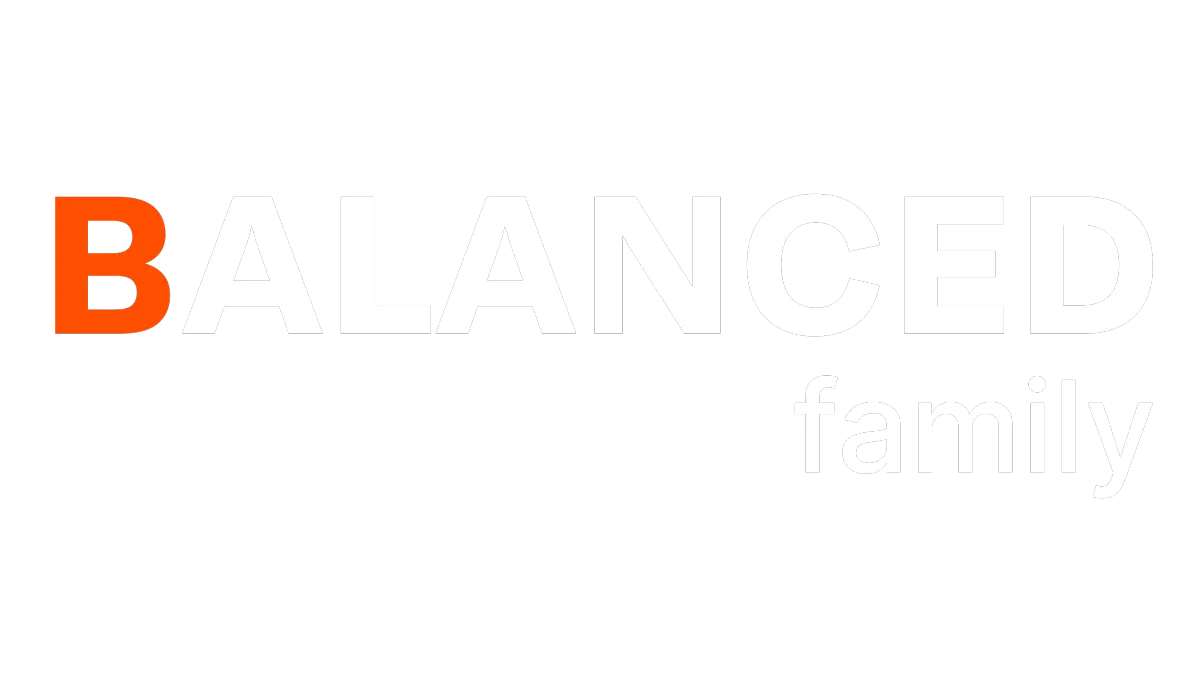
When a Significant Injury Affects More Than Just the Body
Most people who have experienced a significant injury would agree that the effects go far beyond the physical. After an injury, life often changes in many small ways. Our routines, habits, and daily activities are disrupted, and this can create a ripple effect. These shifts can impact everything from our eating habits and sleep patterns to how we manage stress and stay motivated. Over time, these changes can begin to influence our emotional well-being as well as our physical health.
Because the brain plays an important role in both our difficulties and recovery, emotional challenges after an injury are common and often overlooked.
How Injury Affects the Brain and Sleep
One of the most common brain-related challenges people face after an injury is sleep disruption. Pain, discomfort, and stress can all interfere with the body’s ability to rest. Many individuals struggle to find a comfortable position, while others find that worries about recovery, finances, or family make it difficult to relax. Unfortunately, when sleep suffers, so does everything else; concentration, decision-making, mood, and even pain levels can worsen due to a lack of rest.
The good news? Small changes can make a big difference.
Keeping a consistent bedtime and wake-up time helps your brain regulate its sleep cycle, even if you no longer have a strict schedule to follow. Turning off screens 30 minutes before bed can also calm the mind and prepare the body for deeper sleep. These small adjustments can support both emotional and physical recovery.
When a Head Injury Is Involved
For those who have experienced a head injury, such as a concussion or mild traumatic brain injury (TBI), recovery can be more complex. Even a mild TBI can cause subtle brain cell changes that lead to symptoms like headaches, dizziness, light sensitivity, fatigue, forgetfulness, or emotional ups and downs.
It is important to talk with your healthcare provider about these symptoms so you can receive an accurate diagnosis and appropriate care. Evaluation and treatment from a neuropsychologist or rehabilitation specialist can play a key role in recovery.
Support for Recovery and Well-Being
At Balanced Family, we understand that recovery isn’t just about the body, it is about the whole person. Whether you’re adjusting to life after a significant injury or learning to manage the effects of a head injury, our care team is here to support you every step of the way.
Our compassionate team of physical, occupational, and mental health professionals works together to help you regain balance, confidence, and peace of mind.
You don’t have to navigate recovery alone.
Contact us today to learn more about how our integrated rehabilitation programs can support your healing.


